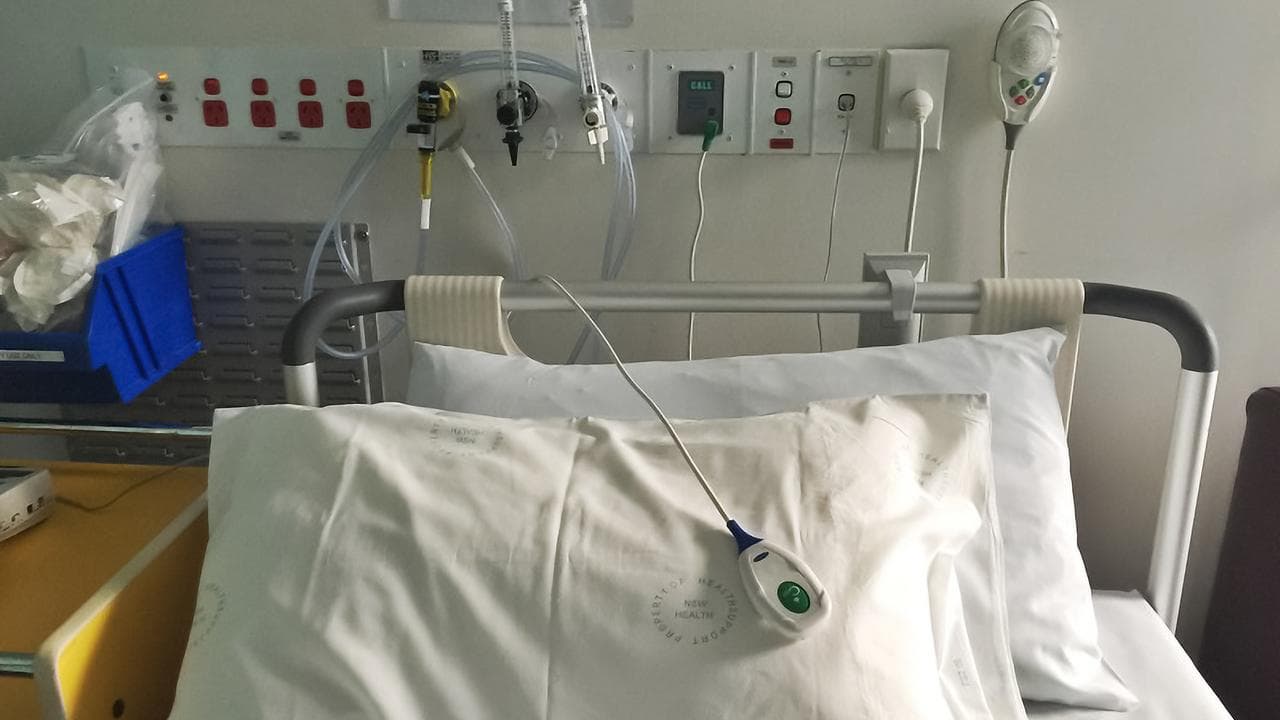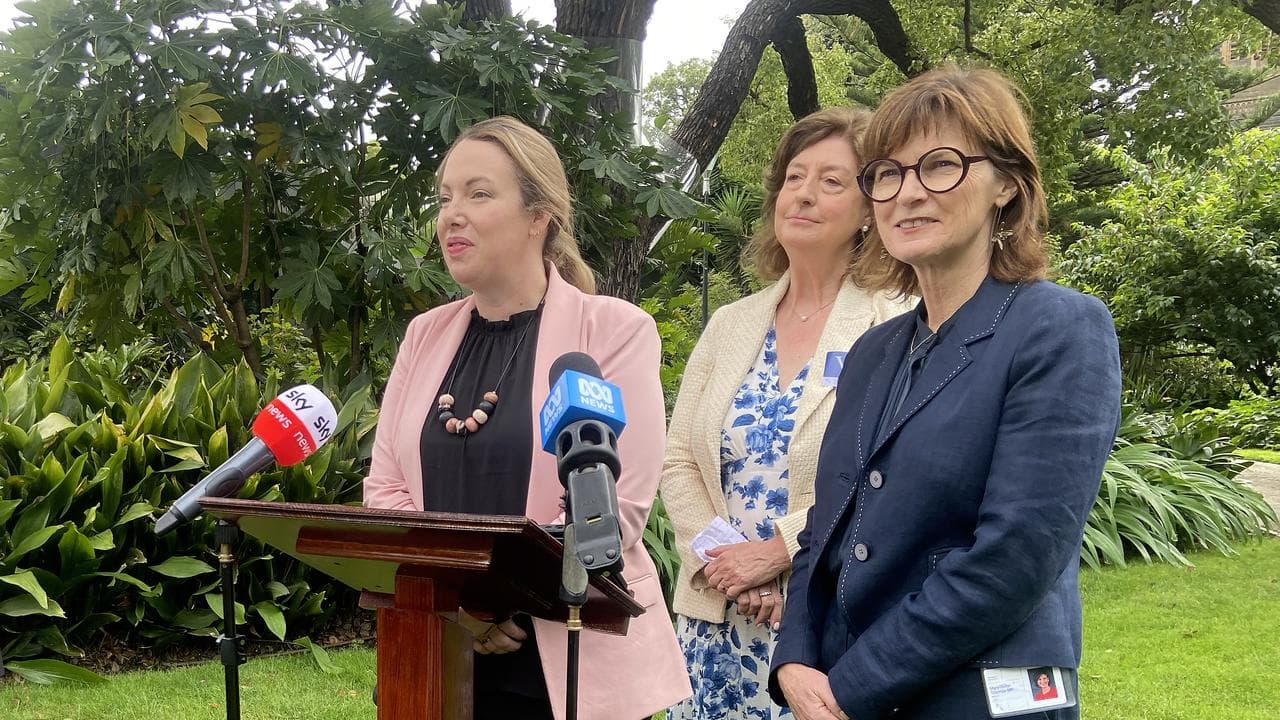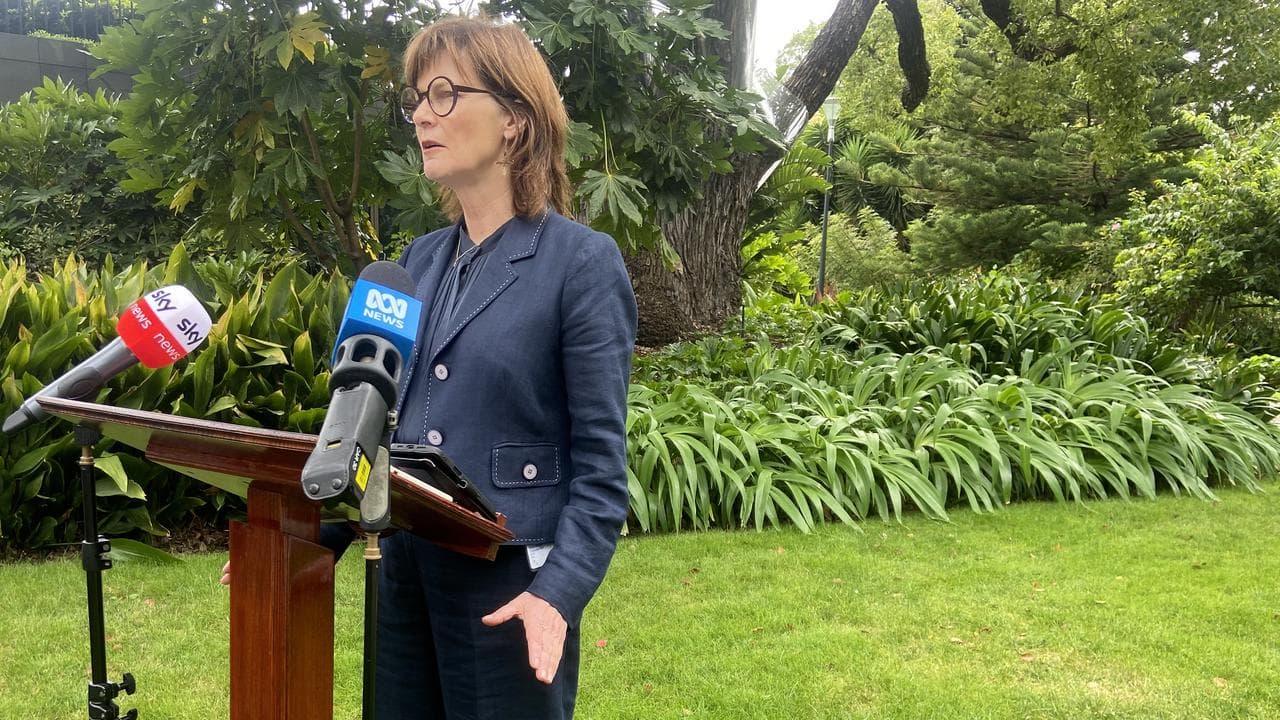
Laws to remove a gag on doctors initiating voluntary euthanasia conversations are likely to be put to a conscience vote by the major parties.
A ban on Victorian health practitioners raising voluntary assisted dying (VAD) with terminally ill patients would be lifted under legislation set to be introduced to state parliament in 2025.
The government also wants to mandate practitioners' providing a bare minimum of information to patients if asked about the end-of-life process, even if they object.
Under the reforms, the life expectancy barrier for eligibility would be extended from six to 12 months for all patients, a third assessment requirement for neurodegenerative patients removed and the time between first and final VAD requests shortened from nine to five days.
A requirement would be added for people to be an Australian permanent resident for at least three years and an exemption for those who haven't lived in Victoria for 12 months to get access if they have a "substantial connection" to the state.
Melbourne GP Nick Carr, who sits on the Dying With Dignity Victoria board, said the updates would change the way doctors could approach end-of-life care.
"It is the only medical procedure where we are banned from telling people what their options are," he told AAP on Thursday.
"People at the end of their lives don’t know they can have a comfortable death under their control."
Victoria was the first Australian state to legalise euthanasia in 2019, with Western Australia, Queensland, NSW, Tasmania and South Australia following suit.
The Northern Territory is the only jurisdiction without a scheme.
A legislated five-year review into the laws, tabled in state parliament on Thursday, found the Victorian scheme was working as intended, but some safeguards were impeding access.
Health Minister Mary-Anne Thomas said there was a chance to learn from other states.

It wasn't within the remit of the review to suggest legislative changes, but the government opted to act after mounting feedback.
Pakenham MP Emma Vulin lobbied Ms Thomas after she was diagnosed with motor neurone disease in April 2024.
"This is definitely something that I will be considering during my journey," Ms Vulin said.
A 2023 peer-reviewed study found the "gag clause" on doctors was a barrier for patients.
In August 2023, then-premier Daniel Andrews said the government did not believe the settings needed to be changed.
Dying With Dignity Victoria president Jane Morris said Victoria had gone from a voluntary assisted dying leader to a laggard but was on the rise again.
Ms Morris, whose mother died from MND before the scheme came into operation, said she had heard "horrendous" personal stories of dying people struggling to gain access to it.

One notable case involved a man who "ticked all of the boxes" but had his application knocked back as he didn't have permanent residency, despite living in Victoria for three decades.
"By the time he got to the end of his application for VAD he was in so much pain, he was wrecked and he did not have the energy to start the process again," Ms Morris said.
Instead he took own life.
Labor MPs will be offered a conscience vote on the reforms. The Greens will commit to work with the government to pass the changes but want the reforms to go further, including to completely remove the time-based prognosis restriction.
The coalition has reserved its position until it reads the legislation but may also allow a conscience vote under long-standing convention.
There have been 1282 Victorians who have accessed voluntary assisted dying since 2019.




